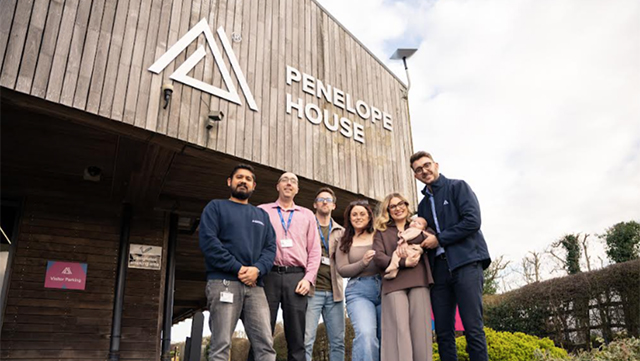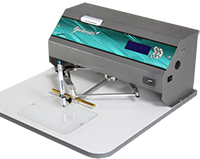 Celebrity chef Gordon Ramsay today told the High Court that he was the victim of a fraud, as part of which his signature was added to the lease of one of his London restaurants without his authorisation.
Celebrity chef Gordon Ramsay today told the High Court that he was the victim of a fraud, as part of which his signature was added to the lease of one of his London restaurants without his authorisation.
Ramsay is seeking a declaration that he is not the personal guarantor of the lease for the York & Albany restaurant near Regents Park, which could leave him liable to pay its £640,000 per year rent.
In his written witness statement, the celebrity chef said that he brought the proceedings to ensure that he is not personally liable under the lease, as opposed to one of his companies being liable as guarantor to the tenant under the lease, Gordon Ramsay Holdings International (GRHI).
He said: “My liability under the lease is important to me, not least because it defeats the very purpose of operating my business interests through a corporate structure, namely to ensure that I am not generally liable for the business’s liabilities.
“If GRHI were unable to pay the rent of £640,000 per annum (which I note is subject to an upwards-only rent review) or to perform any of the other obligations under the lease, I would be personally responsible for doing so until the lease terminates in February 2033.”
He said that he discovered in 2010 that his father-in-law, Christopher Hutcheson, and others had defrauded him and his business of “hundreds of thousands of pounds”. Hutcheson had served as a director and chief executive of the Gordon Ramsay Group.
Ramsay said that in 2006, the company bought a “Ghostwriter” machine, adding: “A Ghostwriter, as I understand it, is a machine that is programmed to reproduce sample signatures precisely by using a pen.”
He said that it was bought to save him time by dealing with the thousands of requests he was getting for autographs, that his involvement with the machine was limited and that he trusted his father-in-law to use it “appropriately”.
He said: “As far as I knew the ghost writer was not to be used for any other purposes. I certainly had no idea it was being used to sign legal documents.”
However, he said that he has subsequently discovered that the machine was used “for more than just merchandising”, including, he claimed, the lease at the centre of these proceedings.
He said: “I accept that the signatures on the agreement for lease and the lease are mine, and the only explanation I have is that they were signed using the Ghostwriter.”
He said that he never authorised his father-in-law to use the machine in this way.
Under cross examination, Ramsay said that he reacted with shock and horror when he made the discovery that his father-in-law had used the machine to “forge” his signature on multiple documents.
In particular, he said that his discovery of the guarantee on this lease was “a shock – a devastation”.
He added: “There were many horrific discoveries because I can recognise my signature and pinpoint one forged by machine.”
The hearing is scheduled to last six days, after which Morgan J is expected to reserve judgment.
Ramsay v Love Chancery (Morgan J) 20 November 2014







